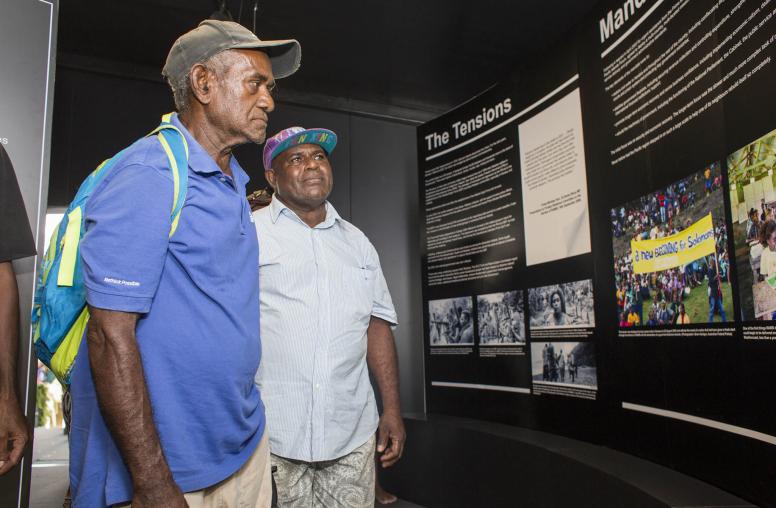Violence and Reconciliation at the Community Level
On Tuesday, February 22, 2011 the U.S. Institute for Peace, the Esquel Group, and the International Institute for Sustained Dialogue co-hosted a roundtable discussion on “Violence and Reconciliation at the Community Level.” This invitation-only discussion explored the complexity and challenges of not only defining reconciliation, but also of evaluating and determining what processes and outcomes constitute successful reconciliation.
The roundtable took place at the U.S. Institute of Peace with about 20 participants and panelists from USIP, the Esquel Group, the International Institute for Sustained Dialogue, and the Inter-American Foundation. Practitioners and scholars provided diverse, and at times competing perspectives on the importance and significance of reconciliation, on the best models for reconciliation, on the issues of who should participate in reconciliation processes, who actually benefits from them, and who has genuine access to them, on the appropriate timing for when reconciliation should be attempted, and on the practical limitations to reconciliation at various levels of analysis.
The meeting provided a unique opportunity for practitioners and scholars working in different arenas of peace and conflict resolution to come together to share their distinct positions and experiences with attempting and examining reconciliation. The result was a rich dialogue in which participants were able to discuss and debate the challenges of working with the concept of reconciliation, and how best to address this concept and its implementation in a in a variety of conflict and post-conflict settings.




